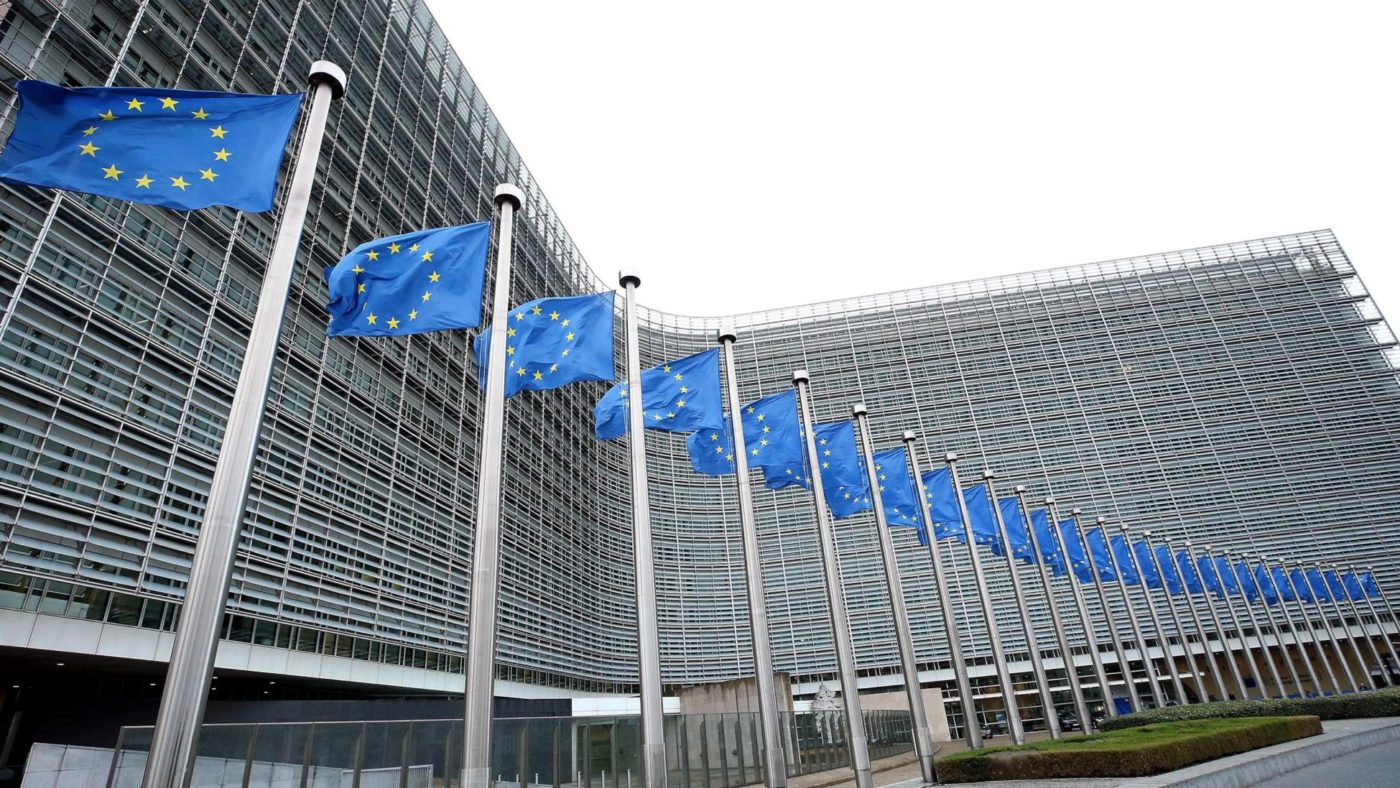The European Union’s tax agenda has been clear for quite some time: from its tax bullying against Ireland in 2016, to the early introduction of a minimum VAT rate to its consistent attempts to introduce its own taxes – known in Brussels-speak as “own resources”.
There can be little doubt that the ultimate goal is for the EU to get its hands on tax policy in its entirety, harmonising taxes across the continent and eliminating tax competition between member states, while also introducing its own levies.
So far the plan has run up against the simple reality that changes to tax policy require unanimous agreement by all 28 (soon to be 27) member states. Indeed, taxes have always been one of the few “sensitive” matters where every country had to be on board with a proposal. For some time this has thwarted the EU’s ambitions in this key area – just recently, for instance, plans for a new digital tax were kiboshed by some smaller member states.
While normal people where unpacking their gifts and spending time with their families on Christmas, the European Commission was making a strong push to finally get rid of this check against unabated tax encroachment. In a new initiative published in late December, the Commission stated its wish that it wants to “explore how EU decision-making on certain tax issues could be streamlined by removing the need for unanimous agreement by all countries”.
Instead, votes on tax issues could in the future only require a qualified majority, opening up the possibility that Brussels – partnering with high-tax advocates in France and Germany among others, could finally pursue its dream of complete tax harmonisation – something that many have long feared, and that Brexiteers have warned about.
For the EU, of course, this is just natural, and simply a further step to complete the Single Market. While the official intention is to “give renewed momentum to the EU” (read: to accelerate integration on the path to an ‘ever closer union’), Brussels obviously only has good intentions in mind, namely to “help advance the work for fairer and more effective taxation”.
After all, the Commission document builds on the working programme for 2019. which already made “more efficient decision-making in key fields of taxation and social policies” a focal point. Apparently the argument that tax issues should be decided unanimously to safeguard national sovereignty “turned out to be more complex” in reality.
The Commission instead argues that a “Single Market in taxation” is needed, since European economies are too integrated today to still let every member state handle its own fiscal policy. “National tax policies can have important effects on other Member States and Union policies,” and apparently this spillover effect increasingly constrains member states “in their capacity to raise revenues to finance expenditure programmes in line with their national preferences.”
Or, to return to translate from Brussels-speak: the common market of the EU has made it so (or too) easy for people and companies to move from one country to another that those countries with high taxes have been unfairly exploited by those with low taxes.
Except, of course, the entire idea of the common market was to make free trade possible and spur competition, not just for businesses across borders, but also for states against each other. And this has been a major success: as mobility has increased, so institutional competition has accelerated. Why is it that countries like Ireland and Estonia have attracted businesses, and not France? As Swedish entrepreneur and author Anders Ydstedt has written , “tax sovereignty is an important part of institutional competition in the EU. It helps to create an attractive business climate and attract investments.”
If Brussels is actually able to get rid of the unanimity requirement, tax competition could go down the pan pretty quickly. Gone would be those remarkable successes like Ireland and Estonia – if the UK (heaven forbid) somehow ended up staying in the EU, its own plans to lower corporation tax could be under threat. Instead, plans for EU taxes or a minimum tax on corporations would get a hearing – and could easily be passed by the support of bigger member states.
Thankfully, the decision to abolish unanimity would itself need a unanimous vote. However Brussels has form for digging in and ending up with what it wants, with one compromise after another and by arguing that those who oppose federalising reform are on “the wrong side of history.” This is why small member states should not give an inch in their opposition.
Abolishing unanimity on these sensitive matters would merely be another step towards a European Union in which member states could not even implement their own “national financial and socio-economic policies,” as Ydstedt notes.
Smaller member states have been successful in unanimity votes by simply saying “nay” to grand ideas from Brussels. For other EU member states, however, and even more so for Brussels institutions, those nay-sayers have always been seen as just that: obstructionists who hold everyone else back due to their narrow sense of national interest. No country has experienced this more often than the UK. On taxes, however, there is every reason to believe that not saying ‘No’ could lead to disastrous consequences for Europe.


